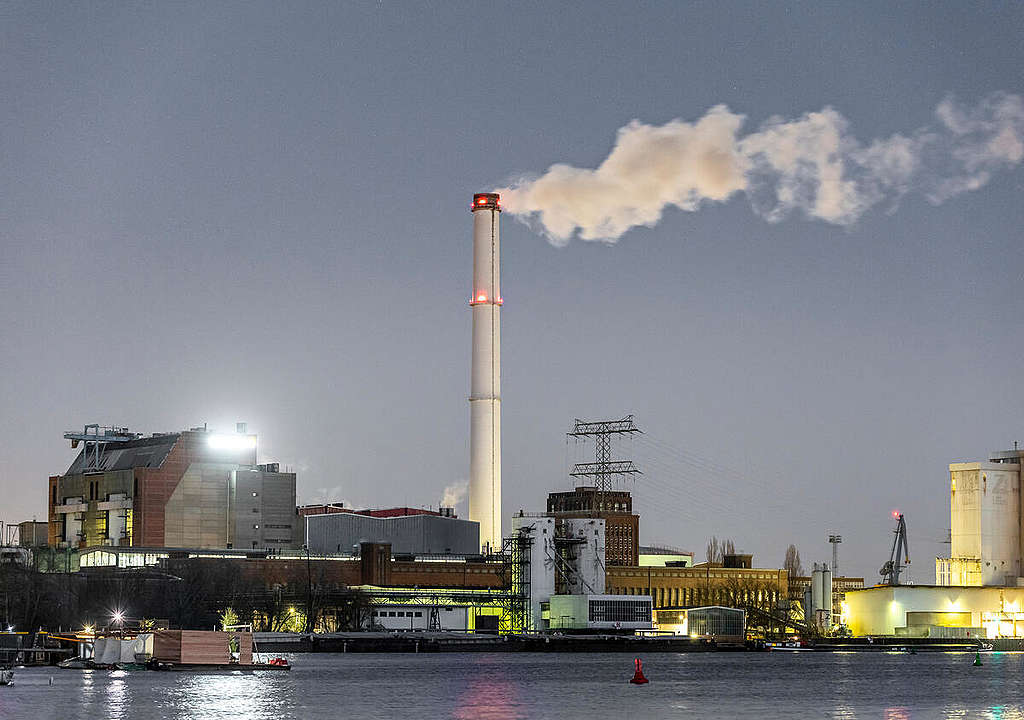Electricity prices, which are now inextricably linked to the price of gas, have skyrocketed in recent days. It’s no wonder that Minister Jozef Sikela wants to convene an emergency meeting of EU energy ministers in Brussels on September 9th to find a solution to the unprecedented price crisis before it hits households and businesses hard. There is even talk of seeking an EU-wide price cap. However, this would cost the state a huge amount of money. The state can take back some of this money through sectoral taxation of energy companies, but this type of redistribution of money is complicated and faces a major risk – large international companies avoiding taxation and resisting actively. If we are looking for an EU-wide solution, there is a more elegant approach – removing gas-fired power plants from the common European market mechanisms, so they cannot affect the price of electricity.

Extremely expensive gas is currently determining electricity prices. Its price has risen 16-fold in comparison to January 2021, while the price of power electricity is twelve times higher. This is because the price of electricity on the power exchange is determined by the operating costs of the most expensive power station that is needed in order to meet demand. This is called the marginal power station. The order in which individual power stations are switched on in relation to their financial requirements is known as merit order. In this system, plants with lower production costs than the most expensive plant make a profit because they sell electricity at the price determined by the most expensive source.
If the last plant on the merit order is a gas-fired one, the price of electricity shoots up, especially on the spot market. Also, the current state of panic in the market along with bad news piling up, means high prices are also reflected in the expected long-term futures prices.
This clearly demonstrates that as long as the price of electricity is influenced by gas, the market will fail. Electricity will be extremely expensive and people will not be able to pay their deposits and bills, while the energy companies will be extremely profitable. The solution is obvious – get rid of the influence that the “feral” gas-fired power stations have on the market.
If European countries – perhaps at the instigation of Minister Sikela – agree to change the system and take gas-fired power stations off the exchange price mechanism, marginal power station will be a coal-fired one, which currently produces at about a third of the current price of gas-fired electricity (and therefore the price of electricity is also reduced).
What would this look like in practice? The decision to switch on gas-fired power plants would be made by the transmission system operator when necessary, i.e. at times of peak demand and for the purposes of network stabilization. If they produced, their electricity would be purchased by the state at an officially set price effectively corresponding to the production costs. However, the state would only purchase expensive gas electricity, not expensive electricity from all sources as in the case of capping, costing the state much less. This would be especially advantageous for countries where little electricity is produced from gas.
It would also be possible to ensure that some or even all of the costs incurred by the state are recovered. The state could claim them back from households and companies as part of the regulated component of the electricity price. The purchase of fuel for power plants in the capacity reserve will appear on the invoice as a new or existing fee. Even in this scenario, households and businesses would still make a profit because their deposits and bills would be lower than if nothing was done about the prices. They would even be lower than if energy prices were capped, because it is entirely unlikely that the state would cap prices at just a third of current levels. It would simply be too expensive.
Removing gas-fired power stations from the price mechanism would have additional positive effects: if the price of electricity copies the price of production from coal, the system would not allow coal companies to generate extraordinary profits. Therefore, this measure could replace the much-discussed war tax in the future, at least in the energy sector. If the price of electricity on the market were to fall, the amount that energy companies have to deposit as a guarantee on the stock exchange would also fall rapidly. Currently they have billions of euros worth in assets tied up on the stock exchange which they cannot dispose of. Once the price falls, they could withdraw some of this money.
European countries would have to agree on excluding gas-fired power plants from the common energy market. The emergency meeting convened by Minister Síkela on September 9th may be a good starting point. It is expected that some countries (ex. Germany) could stand in the way of this move, as they use a lot of gas and such a system change would not be as beneficial for them and for their households and companies as for other European states. But it may still be more interesting to them than simply capping prices, which only generates costs and does not have as strong of an effect.
However, taking gas-fired power stations off the exchange market mechanisms only addresses rising electricity prices and does not help those people and businesses that consume extremely expensive gas. Unfortunately, the price of gas cannot be reduced in this way, because it does not arise on the common European market. However, if electricity prices can be resolved, the governments can concentrate on gas alone and compensate for its extreme price in the short term. In the long term, governments should mainly promote energy savings, insulation, solar roofs and a change in heating.

Diskuse
K